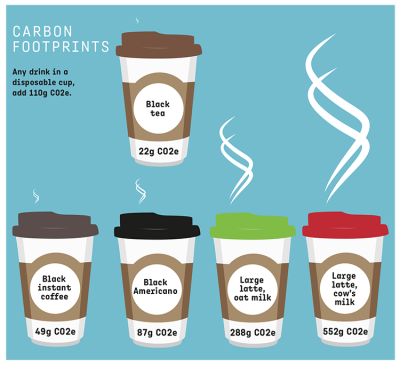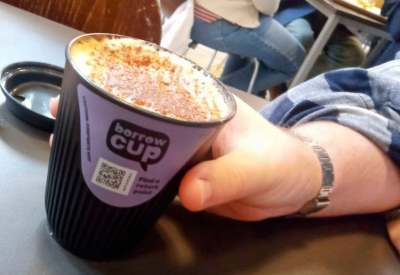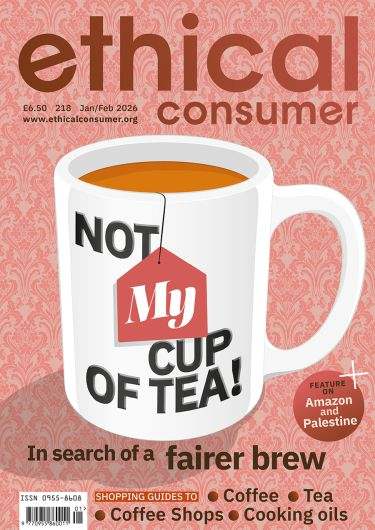Ethical and sustainable coffee shops
The UK coffee shop market is worth £6 billion a year, with nearly 8 million of us visiting a coffee shop every week. The market is growing, led by “premium” brands like Black Sheep Coffee and Esquires and, particularly, a rise in artisanal and independent baristas.
How sustainable and ethical coffee shops are depends on several factors, including:
- the sustainability of the coffee served e.g. fair trade coffee and organic options
- the sustainability of the cafe: including things like disposable cups and waste, dairy and milk options
- the ethics of the company e.g. whether they pay their fair share of tax
We cover all these issues in the guide.
With total ethical scores ranging from below 10 to 60+ (out of 100), if you have a choice of which chain coffee shop to visit, it's clear that you can make a difference with where you choose to spend your money.






